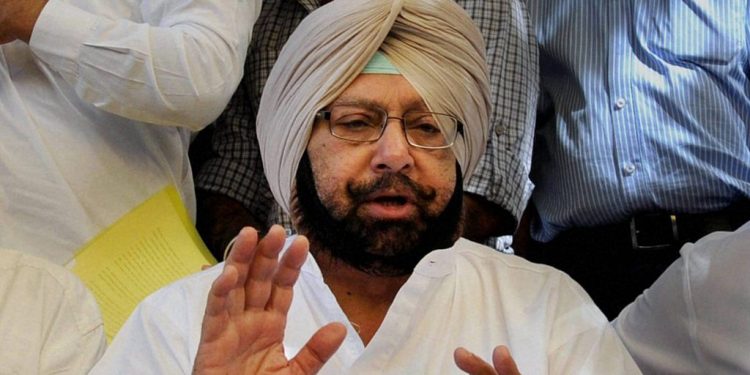Chandigarh: Punjab Chief Minister Amarinder Singh has written to Prime Minister Narendra Modi, seeking priority allocation of Covid-19 vaccine to the state, on account of its higher mortality rate resulting from the population age profile and high levels of co-morbidities.
Pointing out that the vaccines currently under consideration would not perhaps reduce transmission so much as prevent serious disease, Amarinder Singh said the best use of these vaccines would therefore be in preventing serious illness in the most susceptible groups, including elderly and persons with high morbidity.
In his letter, the Chief Minister said despite its relatively low case load, the higher fatality rate due to the virus in Punjab, which thus needs special dispensation in the allocation of the vaccine.
Amarinder Singh also sought clarity as to whether the Covid-19 vaccination would be entirely funded by the Central government, including the cost of vaccines and vaccination supplies.
He further asked for clarity on the principles based on which the prioritized groups are to be identified for sequential immunisation phases, and leave the preparation of the list of prioritised groups to the state.
The Chief Minister also sought expansion of the definition of frontline workers for the purpose of immunisation to include administrative officials and others responsible for essential functions.
While the definition of healthcare worker was relatively precise and Punjab had compiled data based on it, but the definition of frontline workers lack clarity, he noted, adding that as of now it seemed to include only security forces and municipal workers, with some mention of primary school teachers.
The Chief Minister said while it appeared that private sector healthcare workers would be enumerated and that the Centre also intends to provide vaccines for them, apart from government sector healthcare workers, the question did arise if the vaccines also be provided to other priority groups and the general population, should they wish to receive vaccines from government providers.
IANS






































